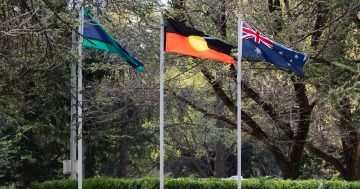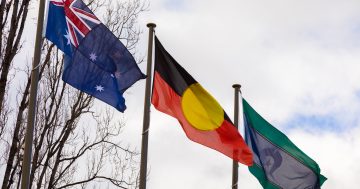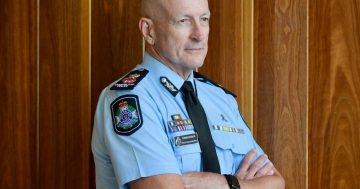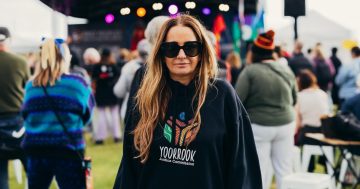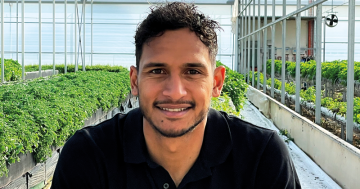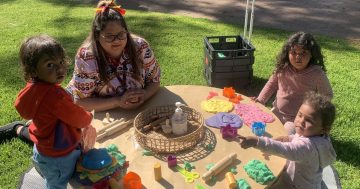 The NSW Police Force has announced changes to its crime reporting procedures to better support Aboriginal and Torres Strait Islander people in the criminal justice system.
The NSW Police Force has announced changes to its crime reporting procedures to better support Aboriginal and Torres Strait Islander people in the criminal justice system.
Corporate Sponsor for Aboriginal Engagement and Assistant Commissioner for NSW Police, Joe Cassar said that, as of 13 January, it was now mandatory for officers to ask all victims and people-of-interest if they identified as Aboriginal and/or Torres Strait Islander, to record the status in the police system WebCOPs.
“The mandate was introduced to improve the recording of Aboriginal and Torres Strait Islander status in the NSW Police system,” Assistant Commissioner Cassar said.
“Asking allows us to improve safe custody practices, refer vulnerable people to support services and divert them from the criminal justice system,” he said.
“Everyone will be asked if they identify as Aboriginal and/or Torres Strait Islander, regardless of their appearance or background, except in the instances of traffic or transport infringements, and people have a right to not respond.”
Assistant Commissioner Cassar said the change was introduced in consultation with NSW Aboriginal people and communities, and after seeking advice from the NSW Police Aboriginal Strategic Advisory Council.
Wiradjuri man and Deputy Secretary Transforming Aboriginal Outcomes at the Department of Communities and Justice, Brendan Thomas said the change was part of a broader vision to create a fairer justice system for Aboriginal people.
“With more accurate data, we can make better informed decisions on how to support Aboriginal people in the criminal justice system and establish programs to prevent reoffending and reduce incarceration,” Mr Thomas said.
“Key to all of this is continued consultation with Aboriginal people and communities,” he said.
“Aboriginal people want to be part of the solution, to create a justice system that works better for them and ultimately closes the gap.”
Executive Director of the NSW Bureau of Crime Statistics & Research, Jackie Fitzgerald said that previously it was not mandatory to record someone’s Aboriginal/Torres Strait Islander status and, as a result, that information had deteriorated over time.
“For example, last year about 23 per cent of domestic violence victims and 20 per cent of drug offenders did not have a recorded Aboriginal and/or Torres Strait Islander status,” Ms Fitzgerald said.
“Improving this data for both offenders and victims helps us evaluate First Nations programs and identify patterns of success and areas where we are not doing as well as we would anticipate,” she said.
“This can tell us what’s working and what’s not, so we can better allocate our resources and efforts,” Ms Fitzgerald said.


